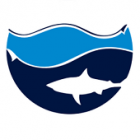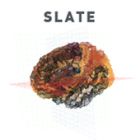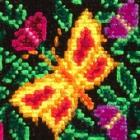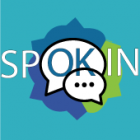
Shark Share Global
Sharks are enormously important to our ecosystem, yet poorly understood. Researchers seek to understand and study them but are hampered by siloing, wasted research opportunities, and underdeveloped collaborative networks. Shark Share Global is a website and database that facilitates sample sharing and collaboration between researchers around the world. It is custom-built to encompass the needs of researchers- bringing the technology solution as close to their existing processes of sample cataloguing as possible- to ensure a low barrier to adoption. Open only to accredited shark and ray researchers, it is a simple, elegant solution to a sprawling problem, introducing a formal research collaborative tool where none have existed before.










